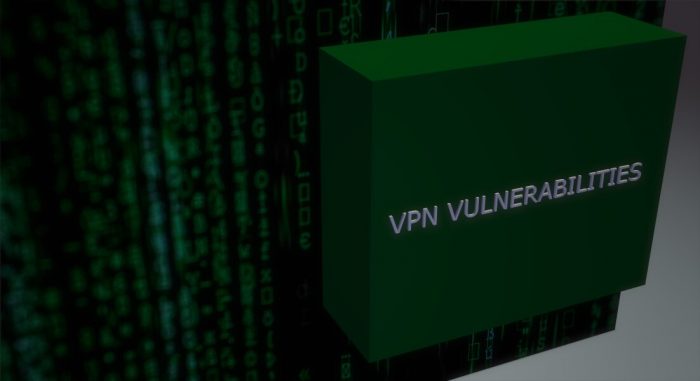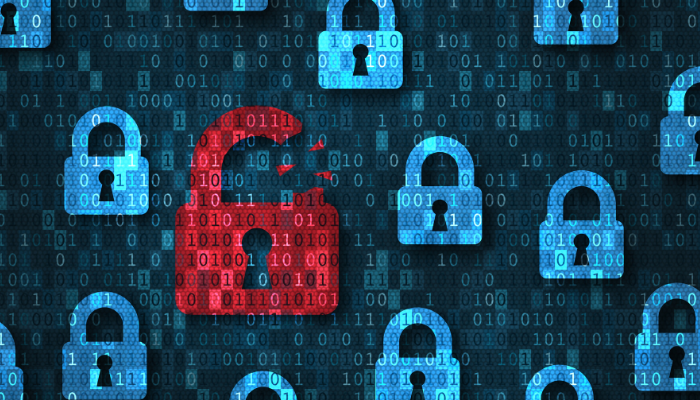
The digital age is changing, and so are the rules. Looking at the possible vulnerabilities of having an online presence, what is the most sought after thing to maintain the balance? A VPN, that’s what!
Many have turned to actively using VPNs, not only to access multiple blocked websites but also to secure a secret passage, protect their devices, and shield away possible cyberattacks.
However, what happens when the VPN you choose, is equally vulnerable to cyberattacks, which would occur even without using one? How is that VPN serving its purpose?
There are so many questions that need adhering to, but first, let’s talk about why people use VPNs in the first place.
Why do business employees use VPNs?
-
The international business traveler
Many countries have strict censorship and surveillance laws. This stretches far off to say that even Google services are blocked. How is this great for business? Does it prevent the future progress of foreign business relations? How do you access your business accounts from abroad? This is where a VPN allows you to excel in international business progressions. Using a VPN and connecting to a server of the location where your company is, or a US server will allow you to access any website, app, or Google account necessary. However, choosing a business VPN is a lot of work. The one you or your company goes for has to come with military-grade encryption, securing your connection and privacy. For secure remote access, your company may be interested in investing in a remote access solution instead.
-
Privacy and online surveillance
Online privacy is scarce. Business organizations are going to need all the privacy they can get. Accessing certain websites or apps aren’t usually allowed where office policies and resources are concerned. For instance, having some of your co-workers access unauthorized torrenting platforms. Using a company device and IP address to do that can easily backfire, compensating sensitive data or files along the way. This is why most individual employees use basic VPNs to not only hide their whereabouts and but also mask their physical IPs.
-
Secure network connections
The rate of cybercrimes is so high that anyone and any business should be willing to invest in software that can help lower the risks. There are more chances of you connecting to unknown free Wi-Fi sources while harboring official data on your device when traveling. This, in most cases, is extremely insecure. Cybercriminals can easily hack into your system or eavesdrop, stealing sensitive data from your devices. Apart from this, if you’re using online official bank account apps, or storing credit information, this sometimes can be a risk. It’s encouraged to ensure a secure connection; people should use VPNs when handling business accounts. This will protect network connections from future attacks.
-
Accessing official data remotely
There are times when businesses require their employees to work from home. When COVID-19 struck, the world was asked to remain home. This put a big dent where businesses or the future of companies were concerned. Remote security is far below the belt as compared to security solutions in an office space. A business VPN helps secure vulnerable connections, outside conditioned settings. Secondly, since you’ll be asked to work from home, and the company you work for asks to store all the data on a business cloud, how are you going to access it from home? Using a business VPN, you’ll have full end-to-end encryption, allowing you to access the server where all the companies’ data is stored. In this way, only selective employees will be allowed to get their hands on it from remote situations.
Other reasons why a VPN is required in general
Besides all the main points mentioned above, allowing businesses to excel, there are other reasons why people use VPNs in general. It involves improvements in gaming, remote working, stabilize speed and bandwidth limits, secures more than three devices, and much more.
Certain VPNs are susceptible to cyberattacks – A short report
Have you ever stopped and asked yourself if VPNs are all that safe? Yes, there are some reliable providers that offer great features and security, but there are many that are equally vulnerable to cyberattacks. A VPNs primary purpose is to pave an encrypted road to a secured online experience and, at the same time, secure devices and all the data on it. But, what happens when the VPN you choose is too weak to defuse cyberattacks? If a high-end VPN provider can be a walking victim to a cyberattack, what does that say about other providers that are far less reliable in comparison? In one VPN hacking incident, the attacker took hold of the TLS keys, attacking one of the servers. However, because this provider was heavily equipped, the perpetrator could only go so far as to see the traffic that any ISP was allowed to see. Nothing was compromised. But this just goes to show that a VPN is vulnerable to cyberattacks. Nothing is untouchable!
Minor vulnerabilities and underlooked VPN security features that lead to future cyberattacks
Specific VPNs have poor connections and are vulnerable to cyberattacks. How?
-
Damaged or weak VPN protocols
A VPN doesn’t have the “best security” but should be equipped with top of the line encryption standards and protocols. Weak security infrastructure automatically means vulnerable security protocols. Hackers can easily infiltrate your network through these weak entry points.
-
Free VPN services
Using a free VPN service is the worst thing you could do to yourself. Free VPN services don’t come with the best nor reliable encryption. They don’t value their user’s privacy, nor give importance towards adding security. Countless of cyberattacks can take place through unreliable VPN apps that don’t protect user data.
-
VPN servers
Damaged VPN servers are a significant security risk. When a user connects to a damaged sever, this can cause several issues with a few of them revolving around slow speeds, connection issues, and insecure connections disrupting privacy—vulnerabilities like these open doors to cybercriminals.
-
Encryption standards
The best VPN encryption is AES 256-bit, anything lower than that is penetrable. That in itself will give you an idea of what all could happen if ever a VPN encryption is weak.
But…is a VPN important? How do you choose the best one?
After going through the entire frame about how a VPN can also be a prime target of cyberattacks and what makes it a vulnerable hit, the question all comes down to whether or not a VPN is still essential. When it comes to securing your business/company from future attacks or unblocking international services and accounts from abroad, then a VPN makes sense. With proper research, invest in the strongest and most reliable one. There are many; you just have to know how to pick them. Here’s what you should ideally look for:
- Reliable privacy and no data retention policies. Dig deep and find out more about it, never just take a VPN providers word for it;
- A VPN that offers extensive or decent server coverage, giving you plenty of options to choose from;
- Strong encryption and protocols;
- It should come with high-speed results and unlimited bandwidth;
- Free trial, refund policy or testing period;
- 24/7 helpline/ticketing and email system;
- Budgeted or has the features to suit the price;
- Multiple positive user reviews.
To conclude
A VPN won’t be the solution to all your security requirements and certainly won’t fix big holes in security breaches overnight. Still, there are some things this software is capable of doing that a regular proxy wouldn’t be able to handle. There are almost 25% of VPN users every 30 days, and the VPN market is booming. This is mostly because of the many restrictions and lack of online privacy thrown our way. However, just because a VPN can help solve specific issues, doesn’t always mean they aren’t vulnerable to cyberattacks.If a business VPN is what you’re going for, always conduct useful and detailed research on any provider, you plan on going with or already use. Stretch as far as to find out if any provider has actively been part of any scandals and whether the provider has been audited with clear results. This is the only way to protect your privacy, secure your business, devices, and your data while enjoying the perks of the internet.





